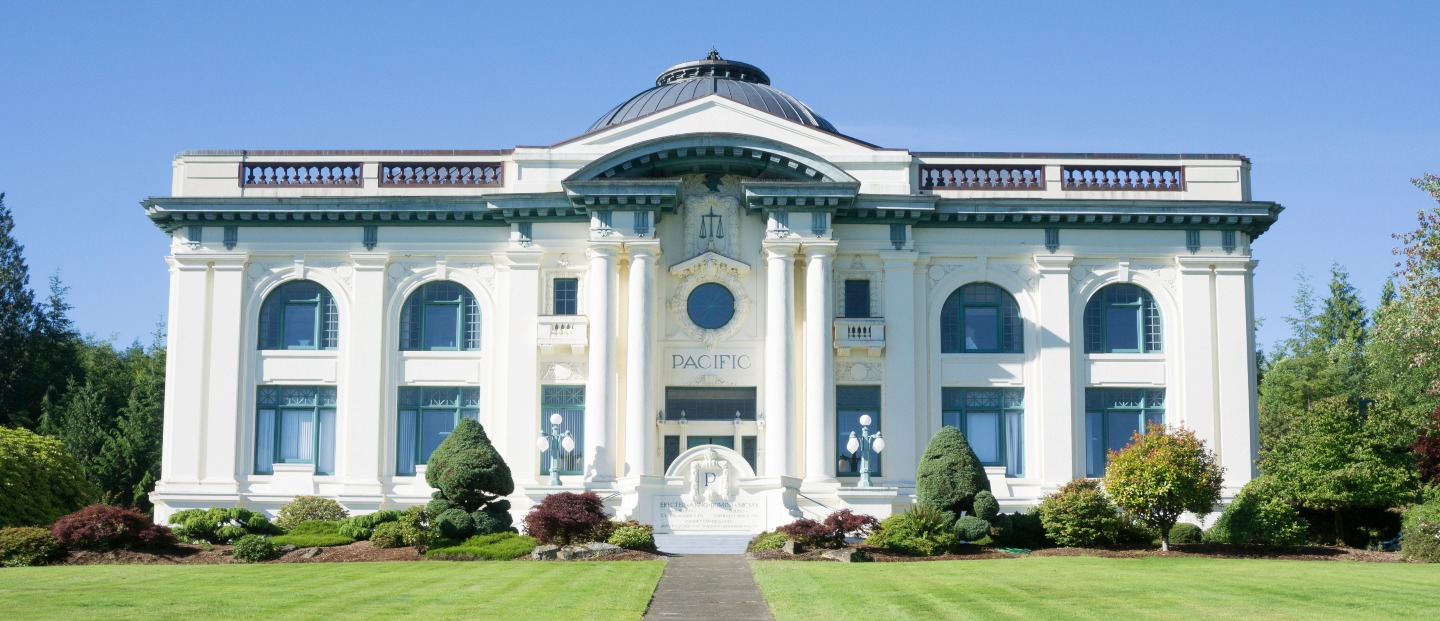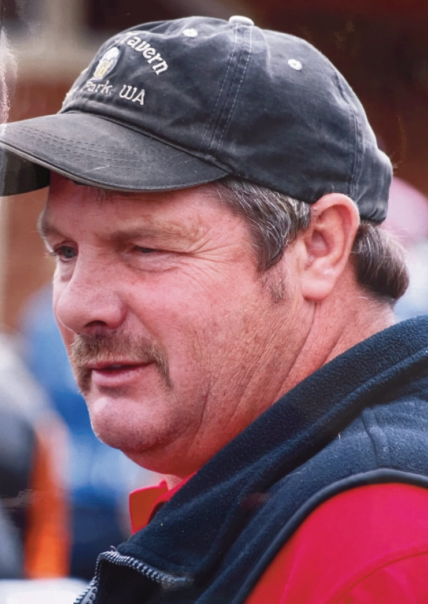Letter: Don’t sacrifice habitat for development
Published 4:42 pm Thursday, February 15, 2024
Open letter to Ariel Smith, Long Beach director of Community Development:
Trending
I am writing today in reference to case # V 2024-01.
It is my desire and intend to register intense concern in this matter. Let me say in advance that I am a local resident and land owner closely adjacent to the property being considered in this case. Further, I have discussed this matter with other locals and neighbors who have, to a person, expressed the same concerns.
I personally have invested over 50 years since I reached adulthood in many varied pursuits in both Oregon and Washington and I have learned several time over that wetlands definitely do not grow like trees. They do not last forever and when they are gone, they are gone forever. A few dollars generated by a local Realtor will certainly not replace the damage to the flora and fauna and as stated the land and its many contributions will not fade from memory.
Trending
I hope that it would be redundant of me to sing a song of sorrow in regards to the wildlife that those of us who live nearby see, enjoy and often interact with on a daily basis; deer, elk, bear, rabbits, field mice (on the Washington State endangered list) gray squirrels, eagles, hawks and even the lowly frog populace and many raccoons that feed on them.
The whole of this country is currently involved at one level or another in the protection of not only the animals but also the wetlands and their supporting surroundings. It is impossible to conceive that one person (or a group) in Long Beach in search of a few dollars or a bureaucracy chasing additional tax revenues could possibly agree that there would be any justification for the additional sacrifices to our dwindling local habitat (and I believe state as well as federal protection laws).
I might add that it has been recently brought to our attention that the wetland area adjacent to this claim is and has been involved in the harvesting of cranberry crops and even flood controls to some degree.
In closing, I would simply say that many of our neighbors weep for the many losses we observe to today’s habitat here in Long Beach, the Peninsula as a whole and throughout our state.
DON BOLAND
Long Beach









